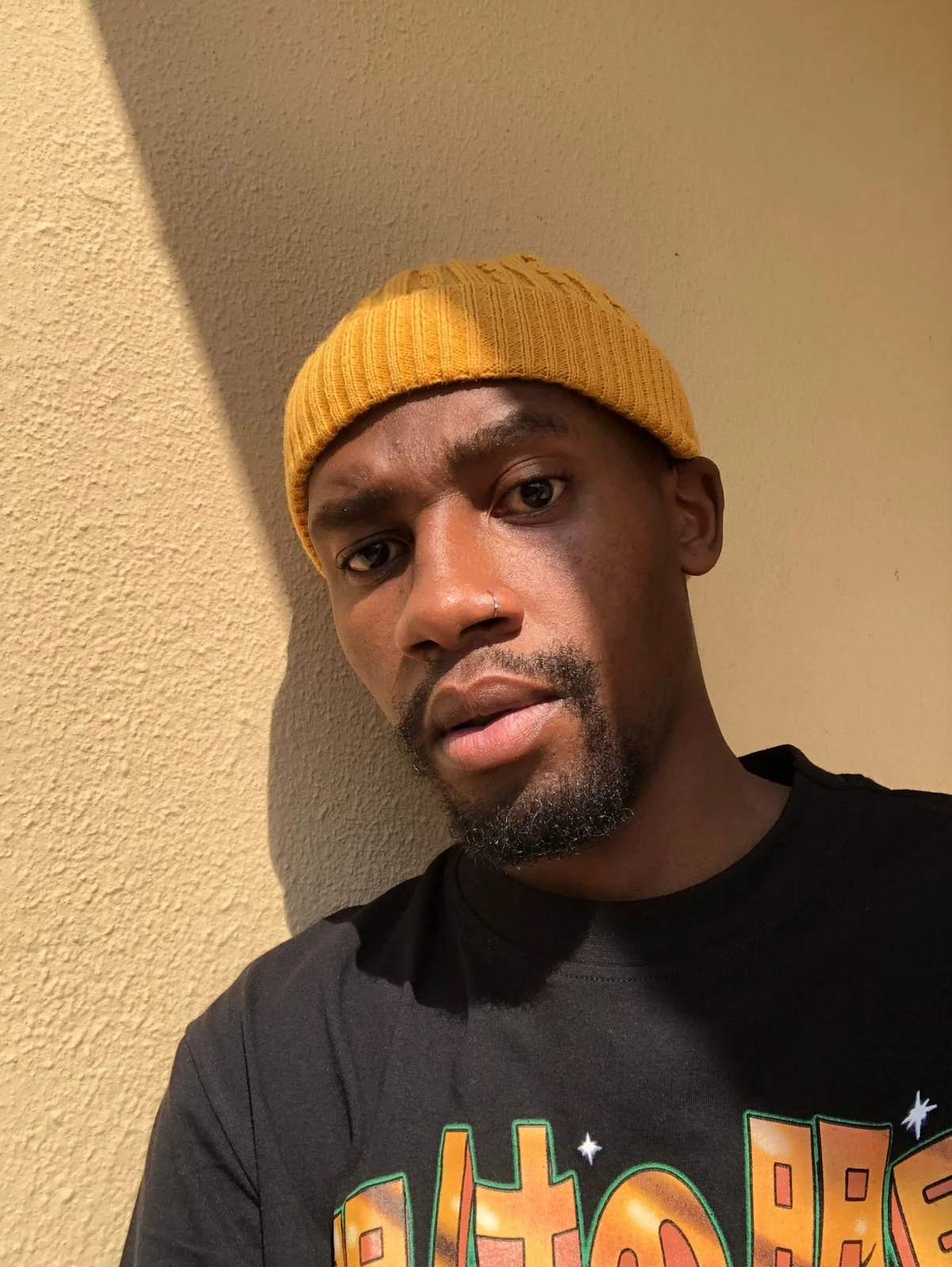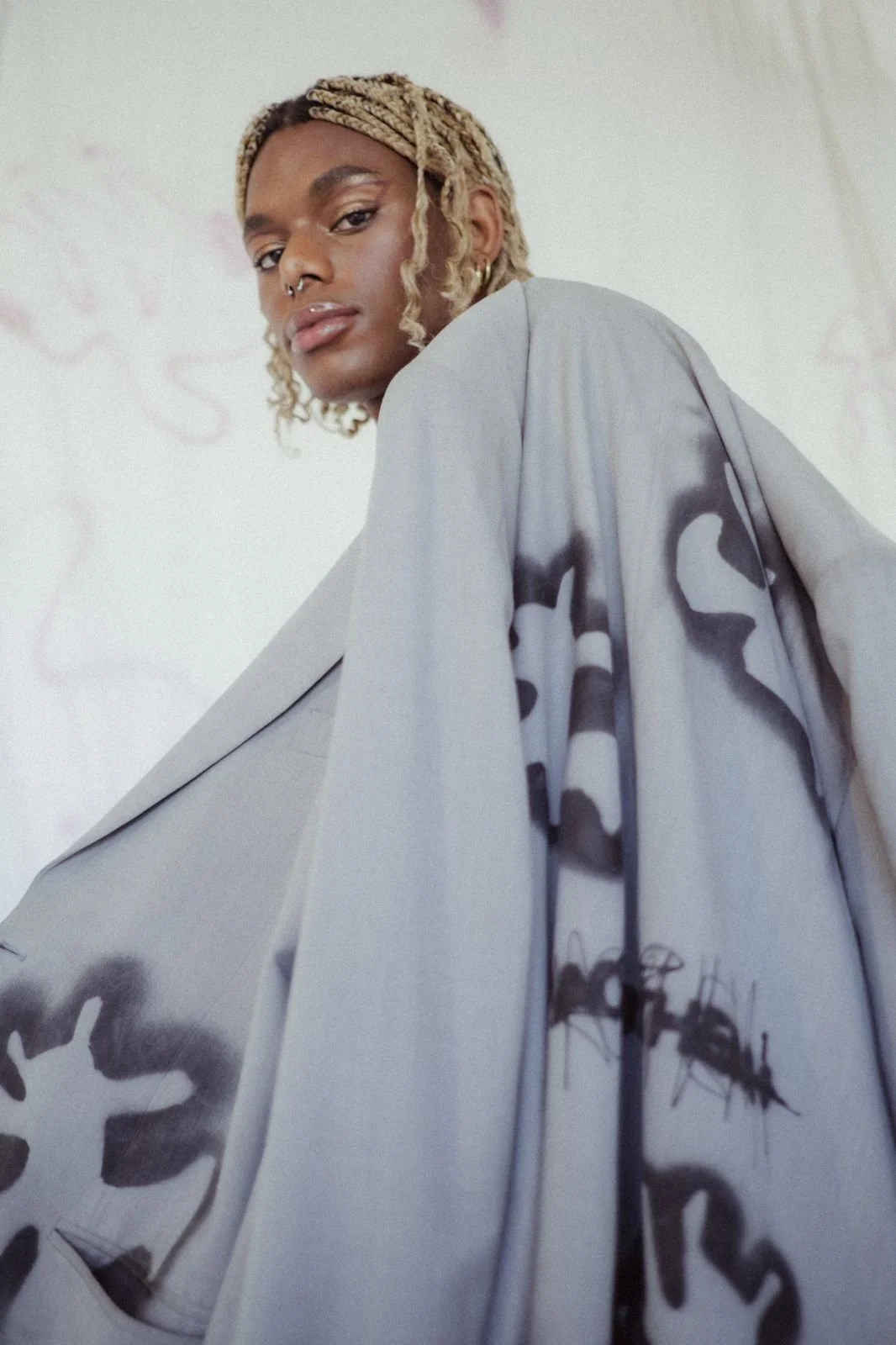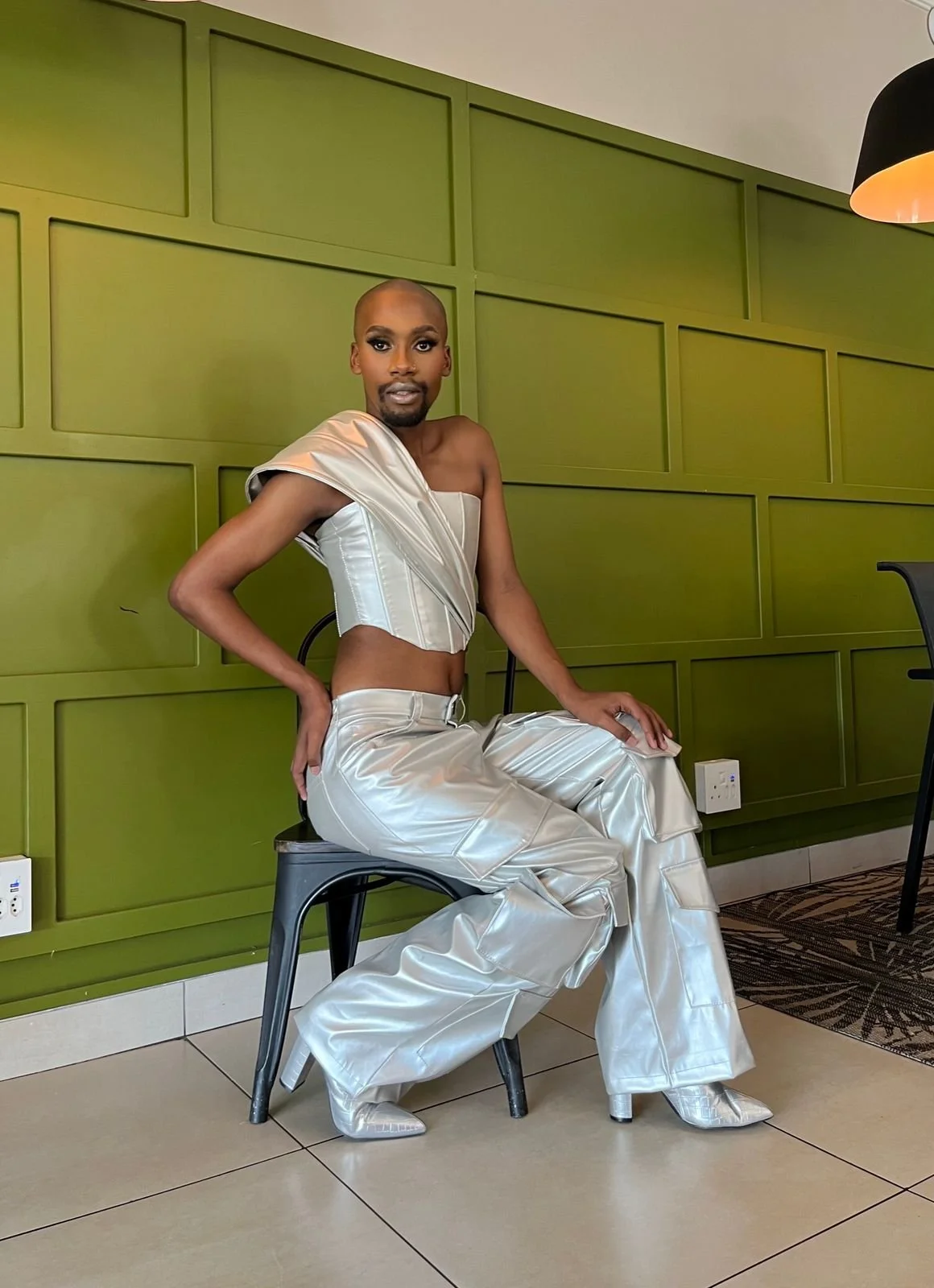FANAFANA:
WE ARE ALL SAMESAME
Thanks to support from The Agency Fund, SameSame’s WhatsApp chatbot is live in South Africa, providing young LGBTQI+ South Africans with access to an evidence-based, self-guided, always-on Cognitive Behavioural Therapy (CBT) course. In South Africa, we are known as ‘FanaFana’, a direct translation of SameSame, with the same meaning — “we’re samesame, even if we’re different.”
THE CONTEXT
South Africa was the first country in the world to legalize same sex marriage in its Constitution in 1996. Despite legal protections, however, LGBTQI+ South Africans continue to deal with significant stigma, discrimination and even violence. In a survey conducted by the Other Foundation in 2016, 7 out of 10 South Africans felt that homosexual sex and breaking gender dressing norms were simply ‘wrong’ and ‘disgusting.’ Nearly half of health sector workers “think it is disgusting when men dress like women and women dress like men,” and 42% indicated that they “think gay men [and lesbians] are disgusting.” As a result, queer youth grow not only grow up in a very hostile environment but are also reluctant to access care, despite suffering from mental health challenges at 4 times the rate of their peers.
Over 2,000 young South Africans have started potentially life changing conversations with our chatbot. Over 70% of users who complete our self-assessments are struggling with symptoms of depression, but over 83% of users who complete our CBT course say that their mental health is much better thanks to FanaFana.
-
SameSame has received funding and technical support from the Agency Fund to build and test a ‘proof of concept’ of our WhatsApp chatbot in South Africa. With the support of Mozilla Foundation, the Patrick J McGovern Foundation and Twilio.org, we’re building new features for this launch too — including a Reinforcement Learning system and a ‘Daily Affirmation’ service.
-
Through the course of this project, we’ll be measuring reductions in the severity of symptoms of self-stigma and depression using standardised clinical tools. These measures will help us understand how well we’re supporting the mental health and wellbeing of LGBTQI+ youth in South Africa. In addition to what we’re measuring ourselves, we’re working with partners on-the-ground to drive access to a range of services — from face-to-face counselling to HIV testing and treatment, legal support to entrepreneurial training.
-
We’re forging connections with LGBTQI+ organizations from across South Africa. With their help, we’ve also established youth advisory panels that help direct and shape all of our work in the country




